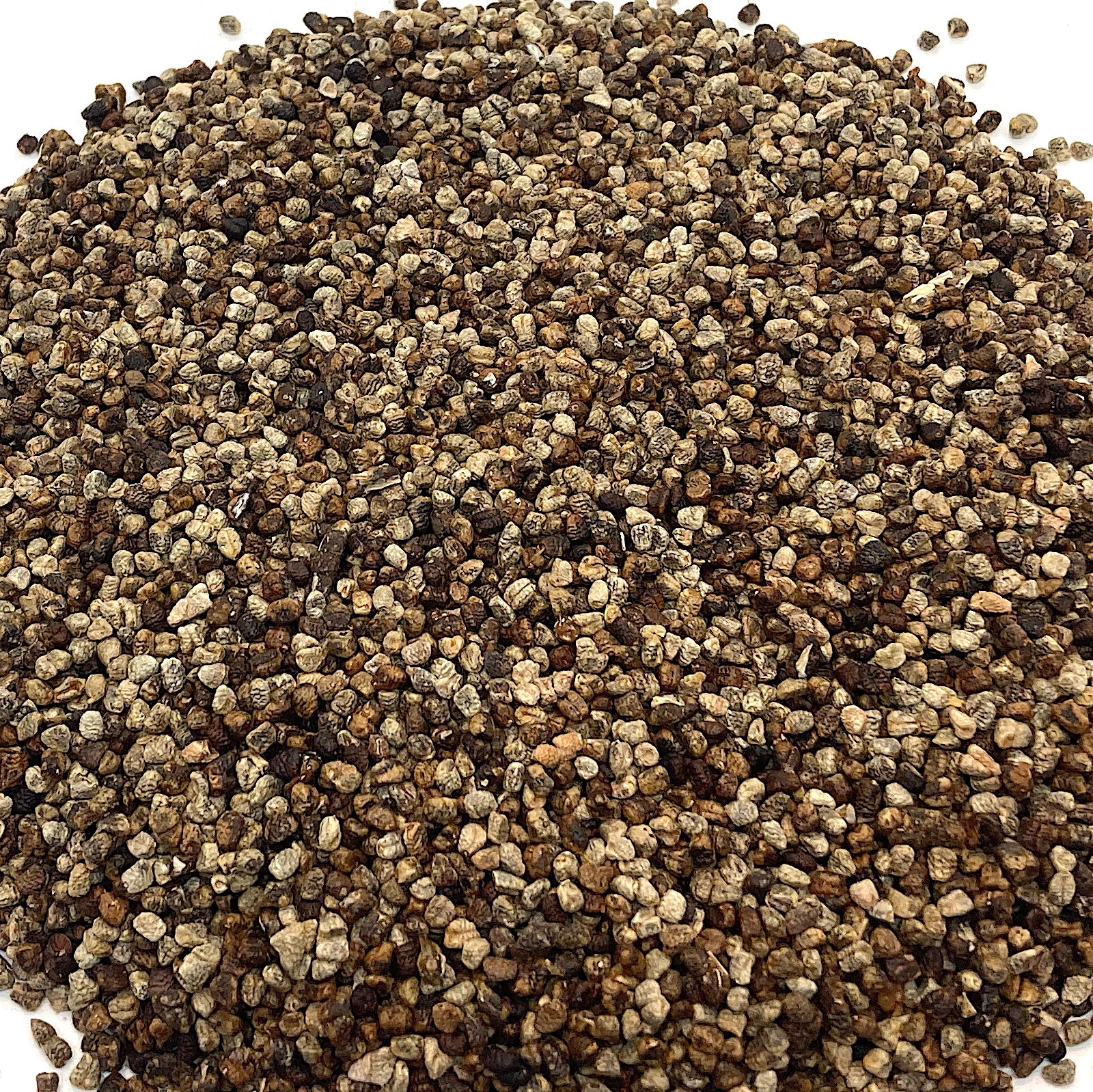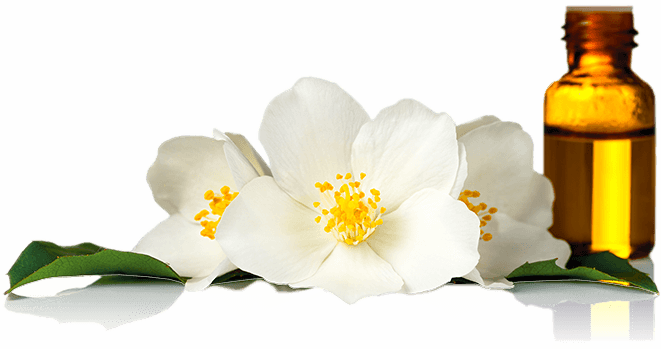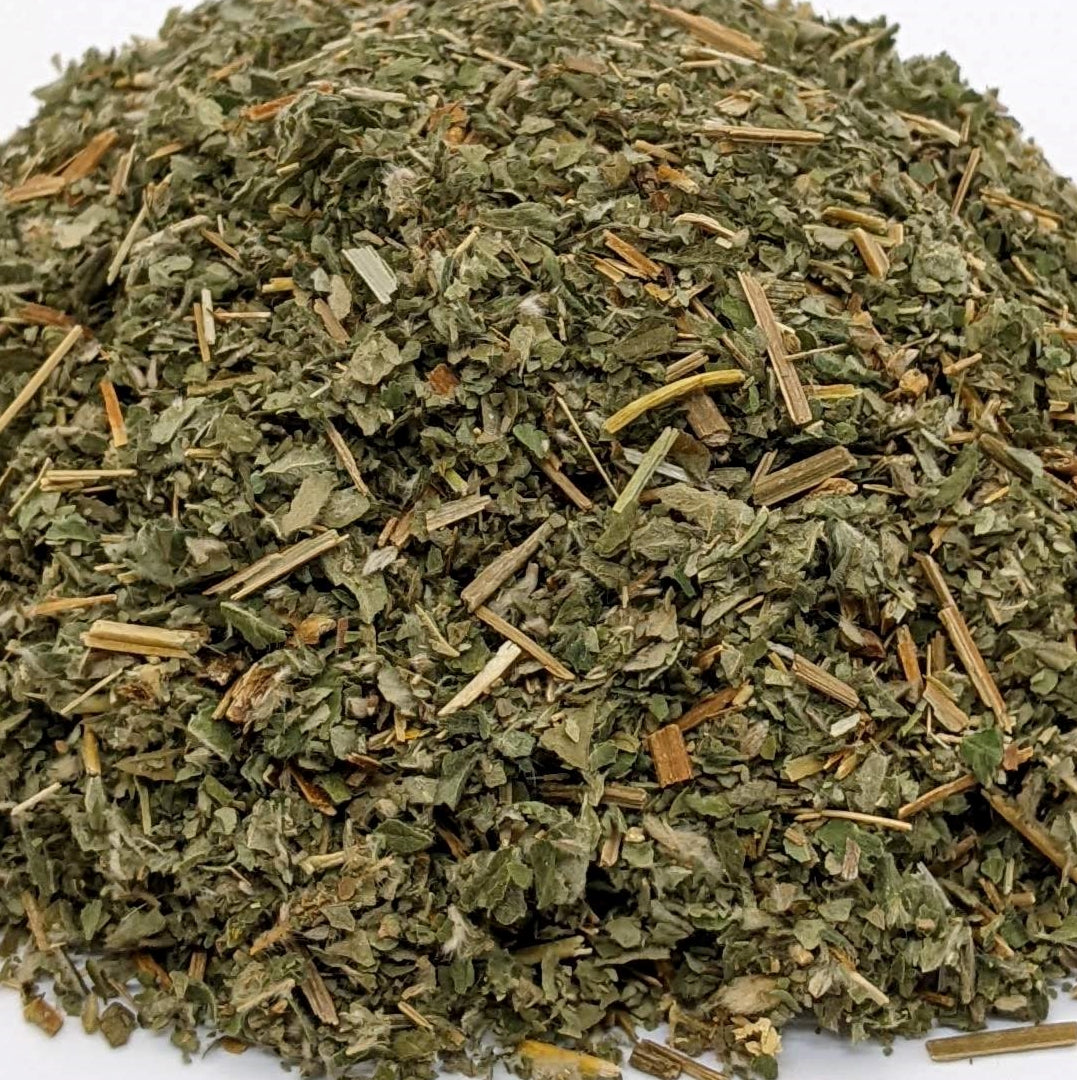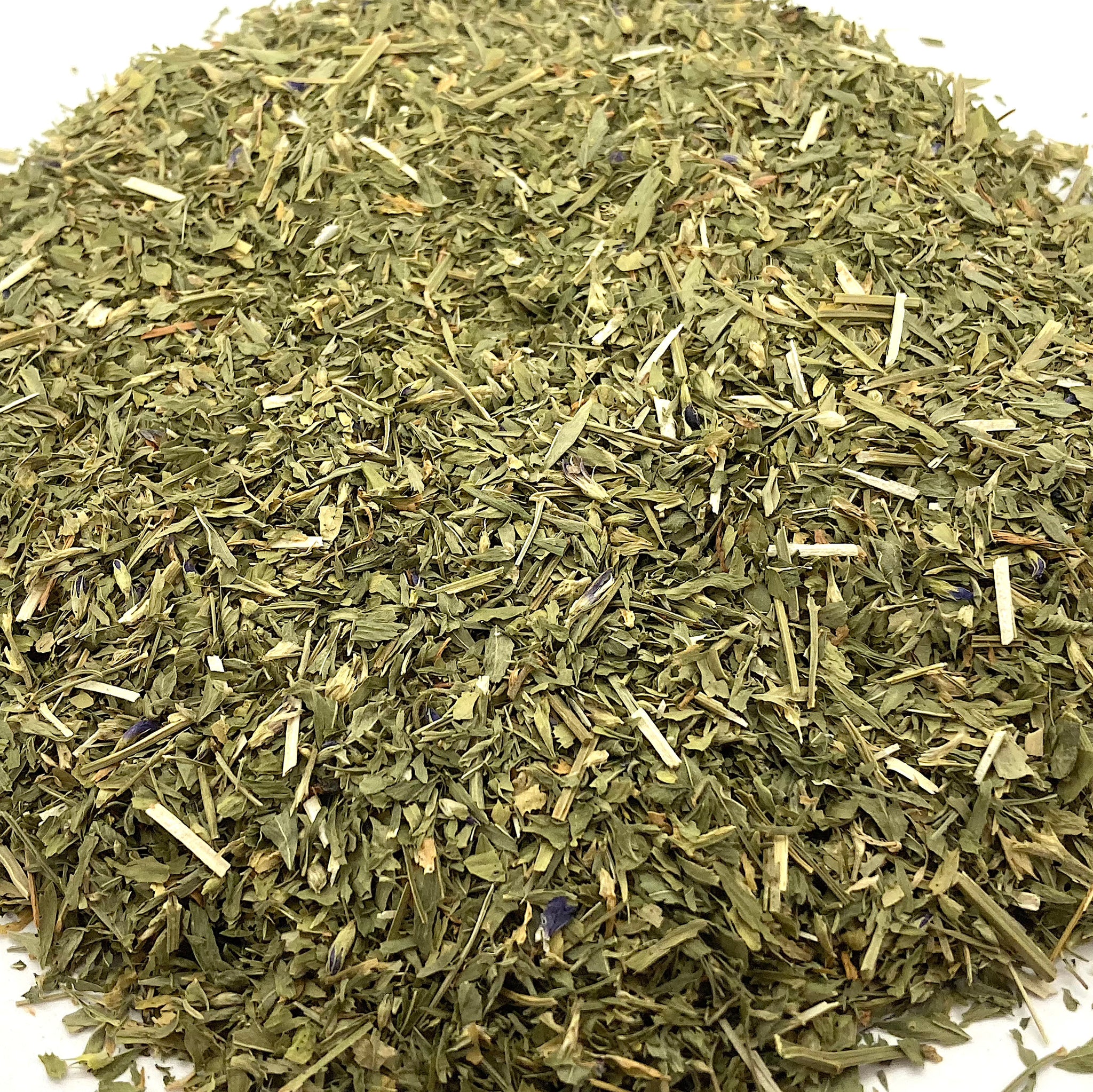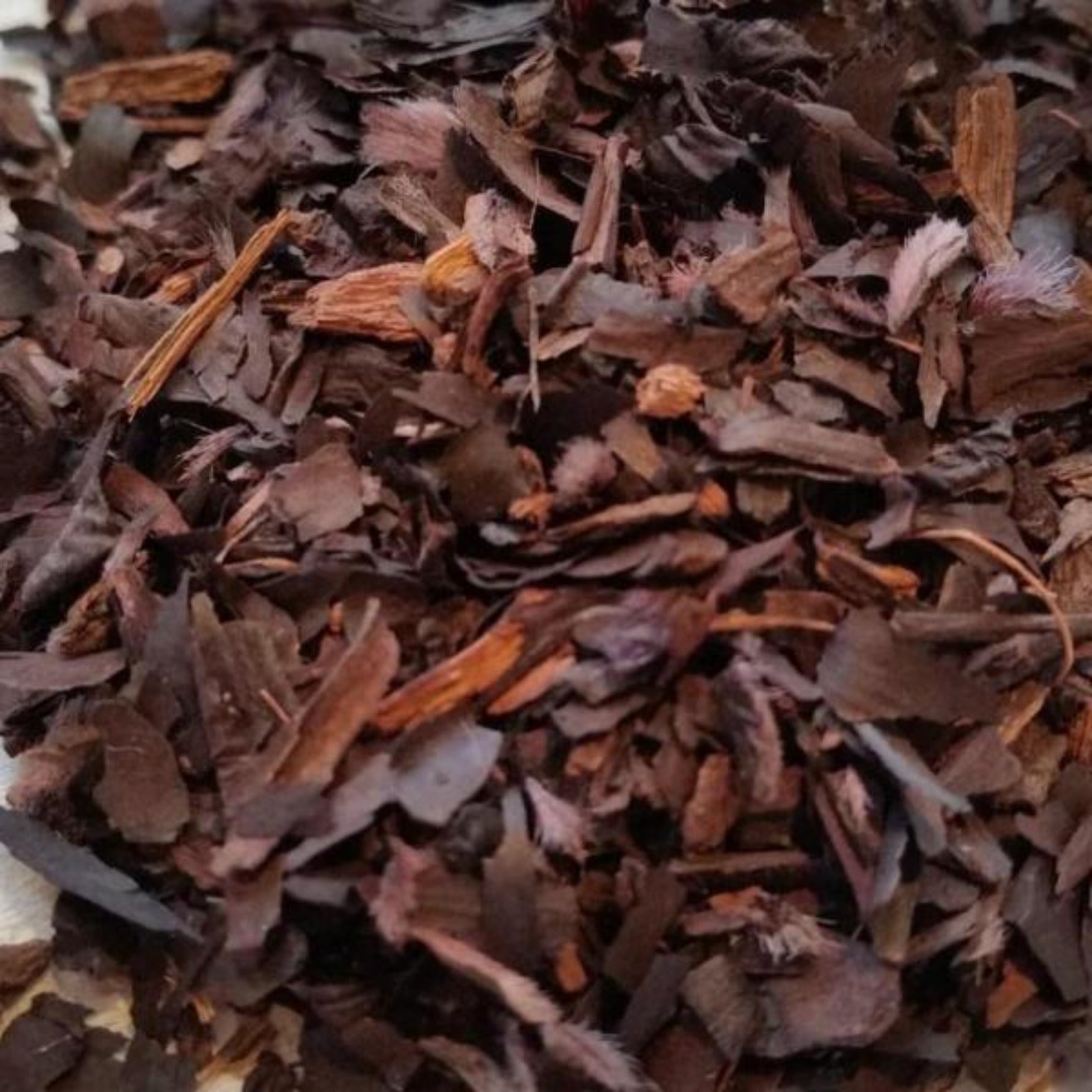Description
GUATEMALA. Cardamom (Elettaria cardamomum) Seed, Hulled, Certified Organic
Common names: Green Cardamom, Caranda Mugu, Ebil, Capalaga, Ilachi, Bai Dou Kou, Amomu, Chittelam, Bahula, Andritak, Yelam, Surkh, Velchi, Truti, Shushmir, Pelaga, Reo Yai, Sha Jen, Truc Sa, Kau Blong, Mak Neng Pa, Karvanh, Kakul, Hil, Grawan, Brihadela, Alach, Ailum
Family: Zingiberaceae
Green Cardamom is an aromatic perennial herb in the Ginger family, growing from around 6 to 13 feet in height. Native to southern India and cultivated in many tropical areas of south Asia, Central America, and Africa, Cardamom prefers warm, damp, shady conditions and is sometimes intercropped with Tea, Betel Nut palms, or Black Pepper.
Sometimes called the “Queen of Spices” (Black Pepper is the “King”), the dried ripe fruits of E. cardamomum have been used as spice and medicine since at the the fourth century BC. It is the third most expensive spice by weight, after Vanilla and Saffron—and it smells and tastes amazing. Cardamom is a versatile spice widely used in both savory and sweet foods, and blended into tea (notably in Chai spice tea blends), coffee, and liqueurs. Its essential oil plays a role in some perfumes, and is sometime added to foods as a preservative.
As a healing herb, Cardamom is best known as a carminative, improving digestion and appetite, and relieving nausea, diarrhea, hiccups, acid reflux, and flatulence. It is rich in cineole (a terpene that is also found in other aromatic plants such as Eucalyptus, Basil, Tea Tree, Rosemary, Sage, and Cannabis) with expectorant and stimulant properties. In addition to essential oils and terpenes, it contains sterols, saponins, magnesium, manganese, and fatty acids, including caprylic acid.
In Ayurvedic medicine it is prescribed for anorexia, asthma, bronchitis, kidney stones, and general weakness. Traditional Chinese medicine employs it for increasing the Qi, restoring the lungs, spleen, and nervous system, lifting the spirits and allaying depression, warming the stomach and intestines, clearing phlegm, antidoting poisons, resolving contusions, and more.
Other traditional uses focus on Cardamom’s antibacterial, anti-candida, antispasmodic, and anti-inflammatory properties, and its affinities for the eyes, cardiovascular system, urinary tract, and mouth and throat.
Think of delicious Cardamom, and then remember what Hippocrates said: Let your food be your medicine, and your medicine be your food!
*These statements have not been evaluated by the FDA. These products are not intended to diagnose, treat, cure or prevent any disease.

